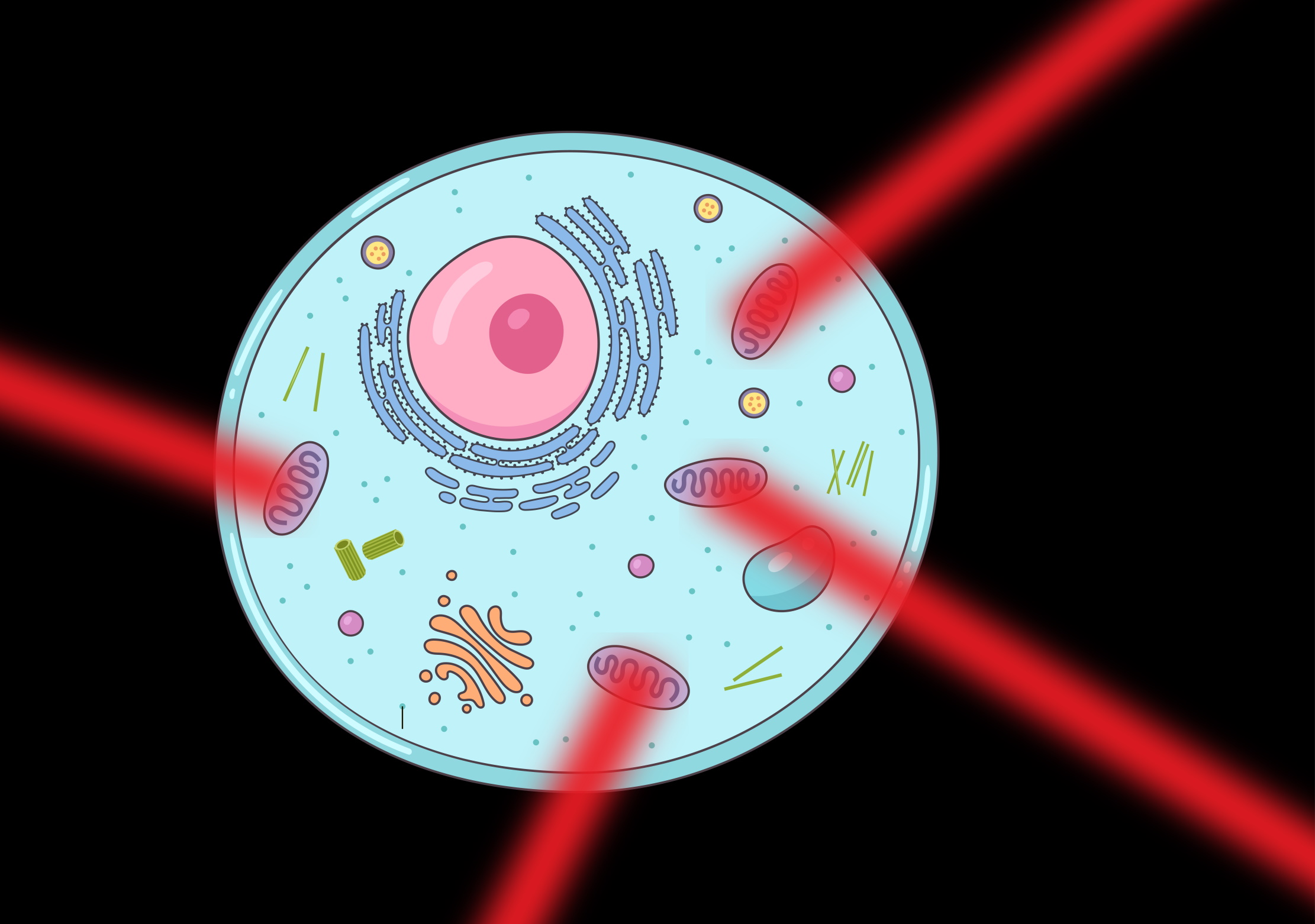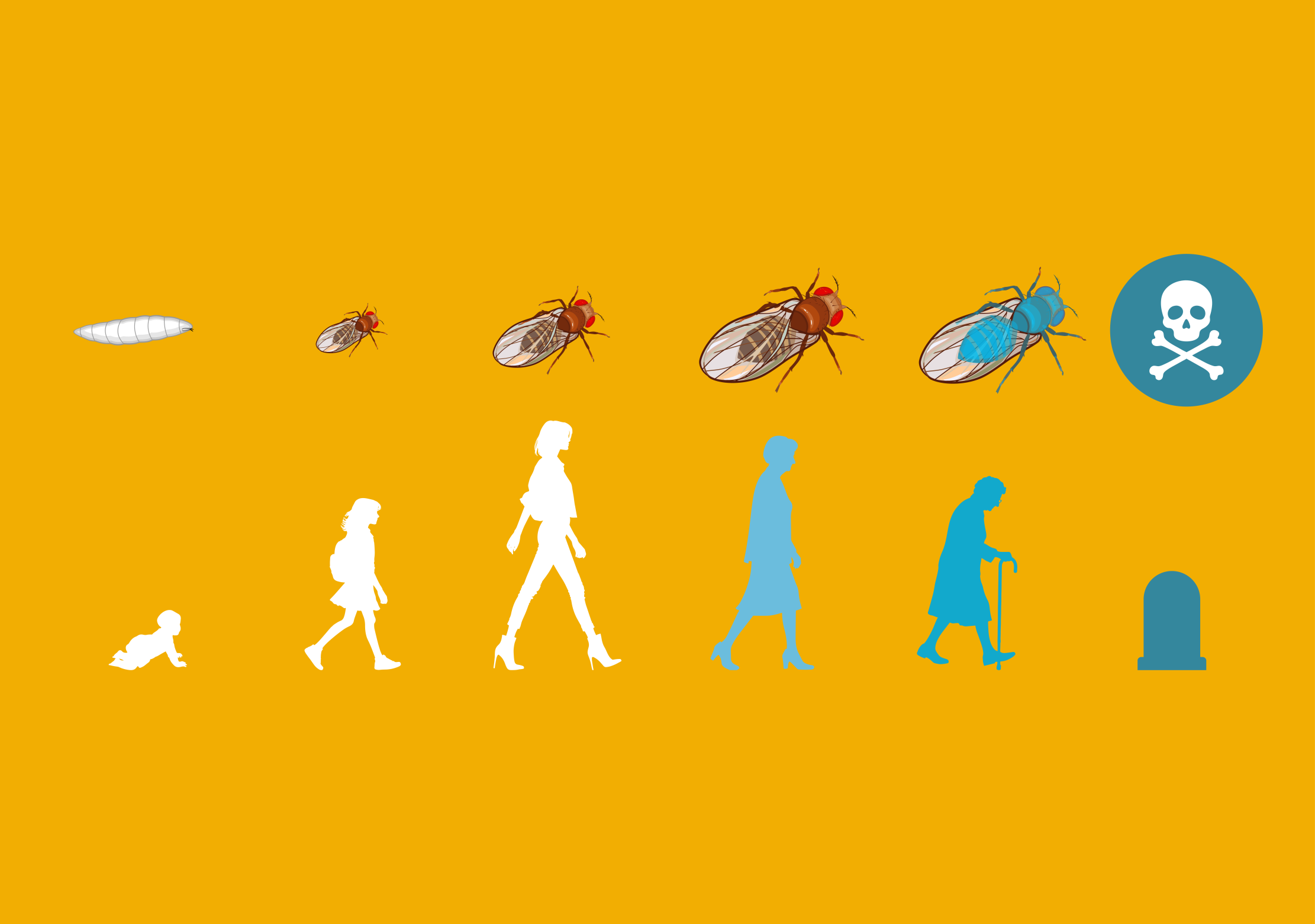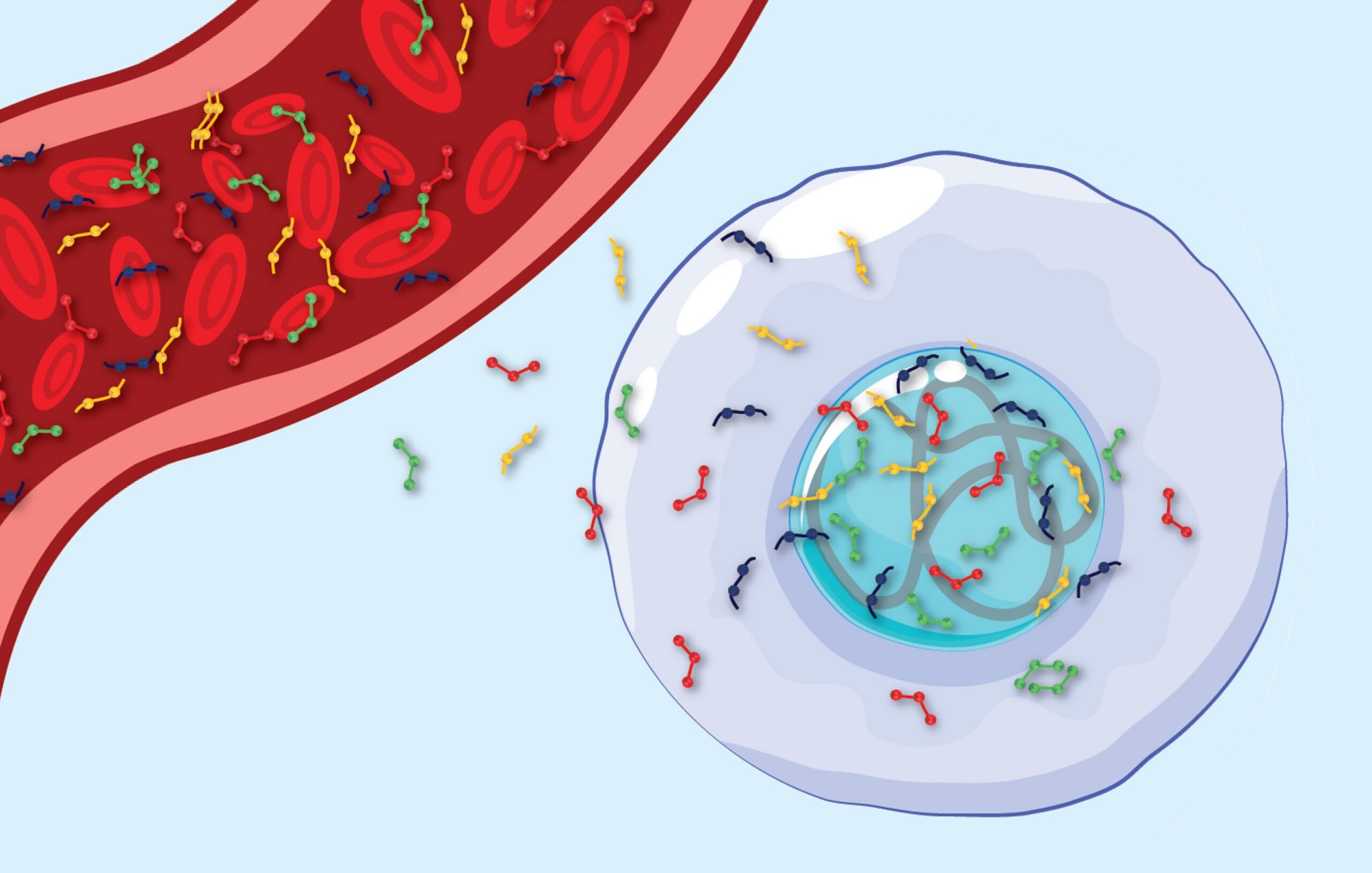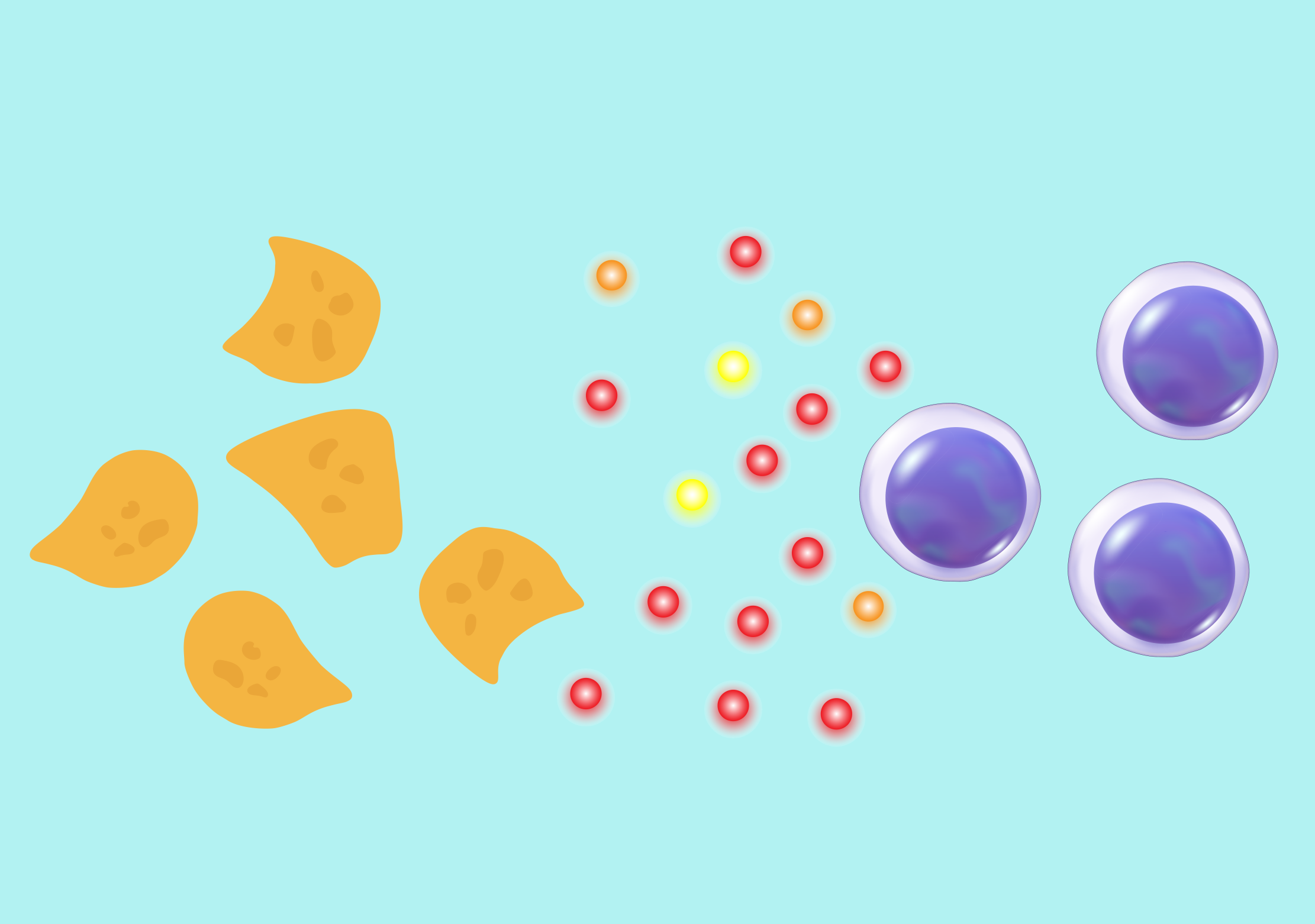Anesthesia in the US is commonly delivered by physician anesthesiologists who medically direct certified registered nurse anesthetists in a collaborative care team model. However, in over 20 states, there is no requirement for nurse anesthetists to be medically directed, allowing them to work independently. This has resulted in a bitter turf war over the rights and responsibilities of physicians and advanced practice nurses, leading to a toxic working environment. This mindset can be compared with a ‘finite game’, where there are clear winners and losers. Unfortunately, the patient is the ultimate loser. Read More
To challenge this tribalism, Dr. Matthew Sherrer, an anesthesiologist from the University of Alabama Birmingham, and colleagues have drawn on an alternative mindset: the infinite game. Sherrer realized that the rivalry in anesthesia could be described as a finite game, which is played to win. While reading the 2019 book, The Infinite Game by Simon Sinek, Sherrer discovered that an infinite game mindset could potentially reduce conflict in anesthesia.
An infinite game is not played to win, but rather ‘winning’ involves staying in the game as long as possible. One could describe marriage as an infinite game, where ‘winning’ is the continuation of a happy marriage, rather than one spouse defeating the other. Business, career, and life can also be described as infinite games that cannot be “won” by one side or the other.
In a recent paper, Sherrer and colleagues expand on five practices originally proposed by Sinek as essential to an infinite game mindset, and discuss how they can be applied to anesthesia. These are advancing a just cause, building trusting teams, studying your worthy rivals, preparing for existential flexibility, and demonstrating the courage to lead.
Advancing a just cause involves creating a supportive workplace, where anesthesiologists and nurse anesthetists work together respectfully to focus on their mutual top priority: patient care. The second principle, building trusting teams, can be achieved through skilled facilitators, such as relationship counsellors, who can enable open conversations to address issues, find common ground, and build trust.
The third principle involves studying your worthy rivals. In the context of anesthesia, this would involve anesthesiologists and nurse anesthetists seeing each other as fellow players, where the real enemy is adversarial behavior.
The fourth principle is preparing for existential flexibility, which describes the ability to change course to advance a just cause. In anesthesia, this would mean acknowledging the great progress that has been made in terms of patient safety, which should be seen as an opportunity to advance new and innovative models of care.
The final principle is demonstrating the courage to lead. The team’s paper has already generated controversy within the anesthesia community, with some keen to maintain the status quo. However, an infinite mindset seeks to use opposing views to balance and inform strategic decision making.
Excitingly, an infinite mindset is not just applicable to anesthesia. There are many workplaces with toxic rivalries, in medicine and beyond. By promoting these principles and demonstrating that they can work, the researchers hope that others may adopt an infinite mindset to enhance collaboration and productivity in a variety of fields.







